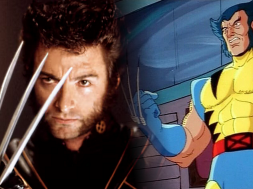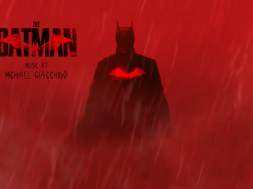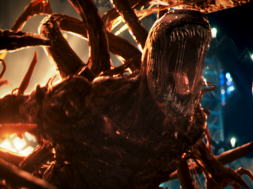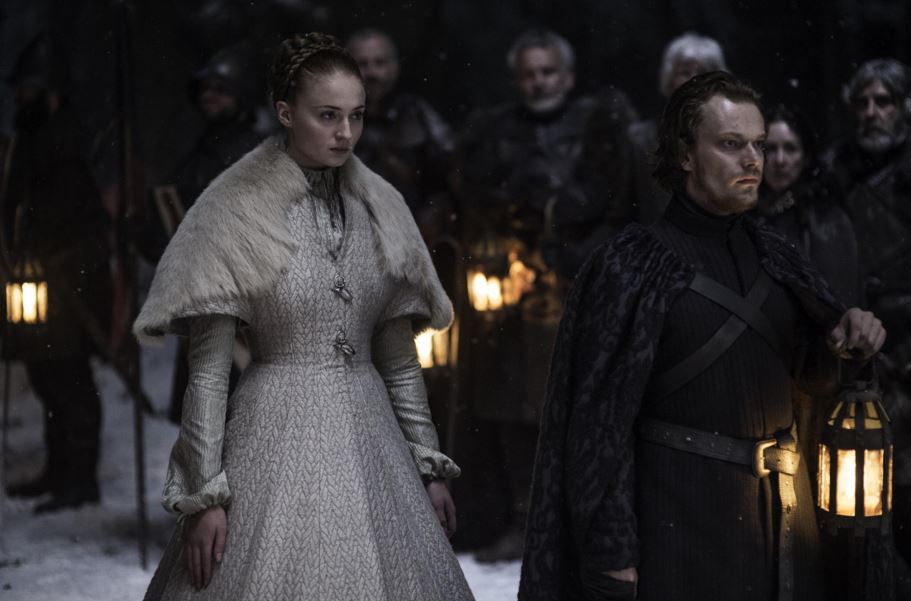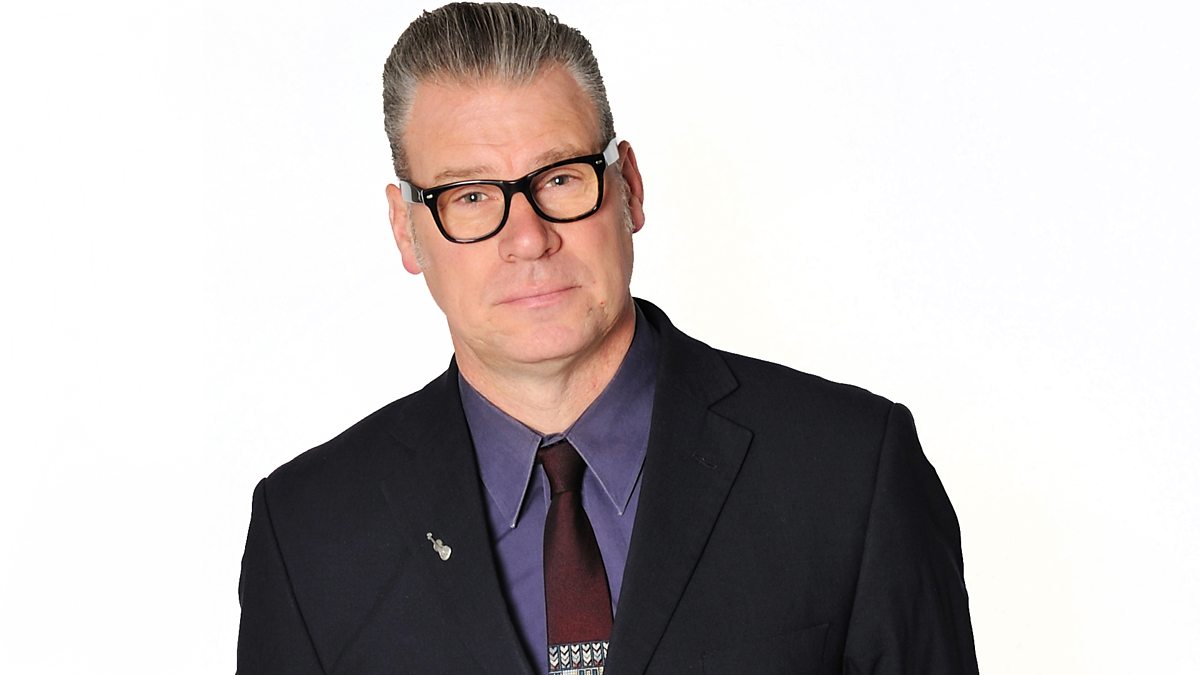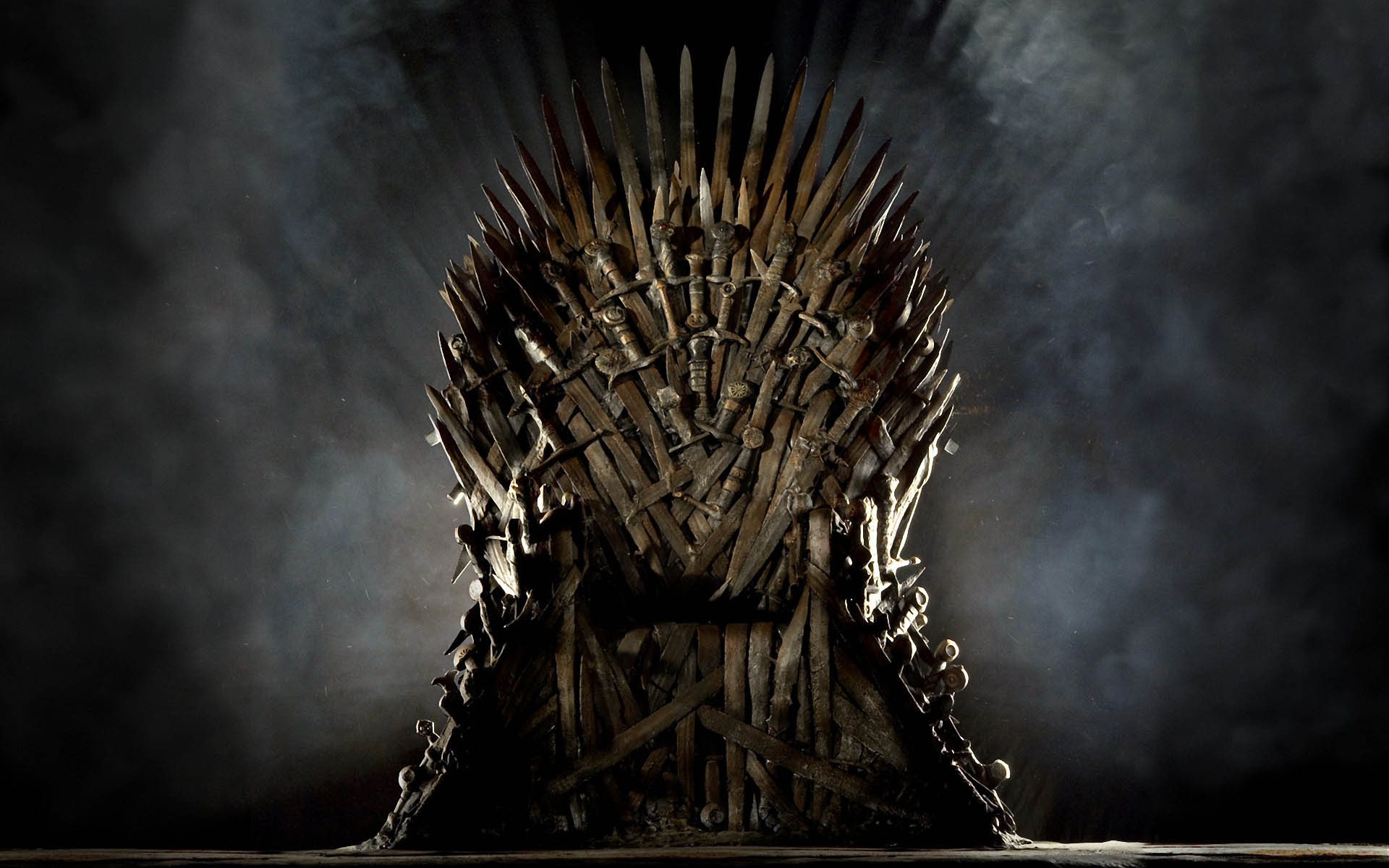
The move online has been seismic. If you want to be a viable business, instantaneous communication or access to information then you have got to get online. It is easy – and if I’m honest, rather boring – to get lost in the Utopian vision of the world of the web. Still, as the world becomes more interconnected, it is worth looking at how it is effecting not only the content we produce but the way we talk about it.
With so much critical writing online, it is easy to find dissenting opinions on the same subject, sometimes on the same platform. Indeed at The Arcade we’ve gone so far as to create the series Knockout, where two writers take opposing stances on the same issue. Online criticism has also made it easy to establish a critical consensus for a new release in very little time. Yet it has also had drastic implications for the responsibility of those whose critical platforms are online, in particular those that are just starting out. In print, especially in smaller publications, the chances were that one’s first attempts would be lost, never to surface again once you’d made a name for yourself. That is no longer a problem.
I’ll use myself as an example [SPOILERS AHEAD]. A little while ago I wrote an article on the use of sexual violence in an episode of HBO’s acclaimed series Game of Thrones titled ‘Unbowed, Unbent, Unbroken’. The piece was addressing the rape of Sansa Stark (Sophie Turner). Many had reacted to the scene as gratuitous and indefensible. Some went so far as to say it trivialised the subject matter being depicted. I reacted by saying that the depiction was bad but saying showrunners were wrong seemed premature, especially in a shows where minor details have far-reaching consequences. If what happened to Sansa has no appreciable effect on character or plot then I will acknowledge that creative decision as a fault. However, that can only be decided by the events of the coming season.
I don’t expect everyone to share those convictions. Many didn’t at the time, including fellow Arcadians. Still, I stand by the opinions surmised above. However, just over a year before publishing those opinions I wrote another opinion column on the treatment of the same issue on the same show, in an episode titled ‘Breaker of Chains’. When character Jaime Lannister (Nikolaj Coster-Waldau) raped his sister Cersei (Lena Headey), there was outrage. Part of this was directed at the showrunners, in particular director Alex Graves. Graves described the ordeal by saying, “Well, it becomes consensual by the end, because anything for them ultimately results in a turn-on, especially a power struggle.” With comments like these, it seemed like one of the key creatives involved was unclear on what consent meant in practice.
Despite the unsteady grounds, I gave the show a chance. I did so for two reasons: Often creative choice are judged to be gratuitous if they do nothing to further characterisation. The event in question seemed to impact both characters. Cersei is a character on the show that many viewers ‘love to hate’. The week before we witnessed the death of her son Joffrey (Jack Gleeson) in an event now referred to as ‘The Purple Wedding’, owing to the colour Joff’s face turned before he succumbed to his poison. Being a malignant sadist made it difficult to feel sympathy for Joffrey when he died. Sympathy for his mother was also difficult. It is worth remembering that the show does appeal to the audience’s blood-lust. Still, the situation is compounded when, in her grief, Cersei is attacked by her brother in what is a selfish and cruel act. No matter how despicable Cersei may, be none could mount a case that she deserved such treatment. In other words, what happened to Cersei precludes attitudes that might be dubbed simplistic or reductive.
Jaime’s character is similarly effected. Prior to the ordeal, he was seen to be on the path to redemption. When we first met Jaime Lannister he seemed to be a cocky man-child whose interests were confined to sex and swordplay. He killed the man he swore to protect and attempted to kill a child to cover up an incestuous affair with his twin sister. In short, a shallow dislikable character. Over time, though, our impression of him began to change. We see his devotion to his sister and the rationale for killing one insane monarch to save thousands of innocent subjects. He began to redeem himself. The man who’d begun the series as a dueling dandy had become a character in rounded terms. Yet for many the effort was almost too successful. As we got to know Jaime, it seemed his previous wrongdoings were written off by a bulk of the show’s audience. It’s one thing to have past action explain and contextualised, it is another to have them expunged from the record. Doing so prior to ‘Breaker of Chains’ was spurious, doing so after was impossible. [SPOILERS END]
In other words, the effect of the scene had immediate implications in the case of both characters involved. There was potential. Sadly, that potential was never built on. None of the characters seemed to acknowledge to each other what happened in the following episodes. More than that, it hasn’t affected the relationship of said characters. Jaime continues to demonstrate a complex moral understanding that is incongruous with the act. Cercei seems unphased by it altogether. It’s like it never happened. While I am undecided on what to make of the closing scene of ‘Unbowed, Unbent, Unbroken’, the scene from ‘Breaker of Chains’ remains a blight.
Sadly it isn’t just a blight upon the series, it’s a blight on my record as a critic. I took a chance on a show I liked and backed a creative decision I thought held promise. Having published my thoughts online, said thoughts are not just a matter of public record. They are immediately accessible all over the world. It goes beyond a matter of personal and professional embarrassment. If someone wishes to draw attention to the fallibility of my judgement, they have a ready-made example of me granting leniency where ultimately none was deserved.
The temptation, of course, is to look back in envy at those who’ve come before you. When the likes of Roger Ebert, Mark Kermode (pictured) and Pauline Kael were first starting out they were in publications with limited circulation. There first fumbling attempts would not be endure indefinitely in cyber space. That said, there is a positive to be gained in such circumstances, though admittedly at the at the expense of those like myself.
There is a habit of putting opinions on pedestals. It is not a wholly bad practice. Take Alonso Duralde. Having written a book on Christmas movies – Have Yourself a Movie Little Christmas – it is fair to say Duralde‘s done the leg work on the subject. As a consequence, his view on Christmas movies in general have greater currency than most. Still, at the risk of stating the toe-curlingly obvious, nobody is 100% right 100% of the time (despite what editorial staff would have you believe!). Having one’s errors on display then prevents a pronouncement from being regarded as right or definitive purely because of the byline. As I say, this arrangement necessitates a certain level of embarrassment for persons in positions like my own. Even so, we can take solace in the words offered by a line by the aforementioned Kael: “A mistake in judgement isn’t fatal, but too much anxiety about judgement is.” It’s a typically incisive line that cuts both ways.
In summary, then, the simplest way we might understand this new dynamic is in terms of evolution. Technological advances have made personal developments public record. Writing within the digital space has such permanence that any writer bears “the indelible stamp of his lowly origin”.
What do you make of the move to online content? What changes have you noticed? Do you imagine that eventually we’ll be so interconnected that there will be a sudden rise in the number of millennials becoming hermits living in yurts? Let us know what you think in the comments!


